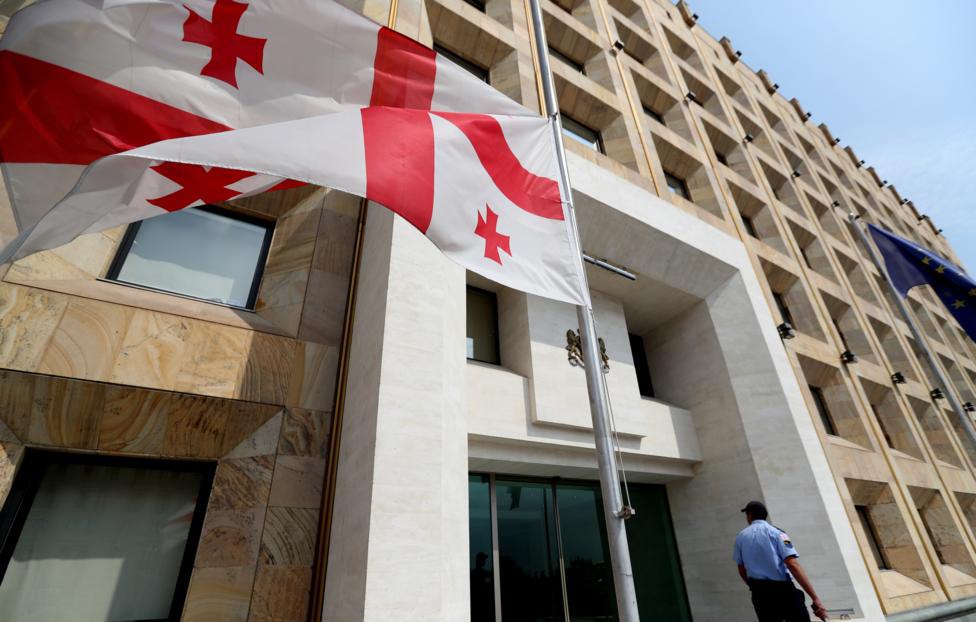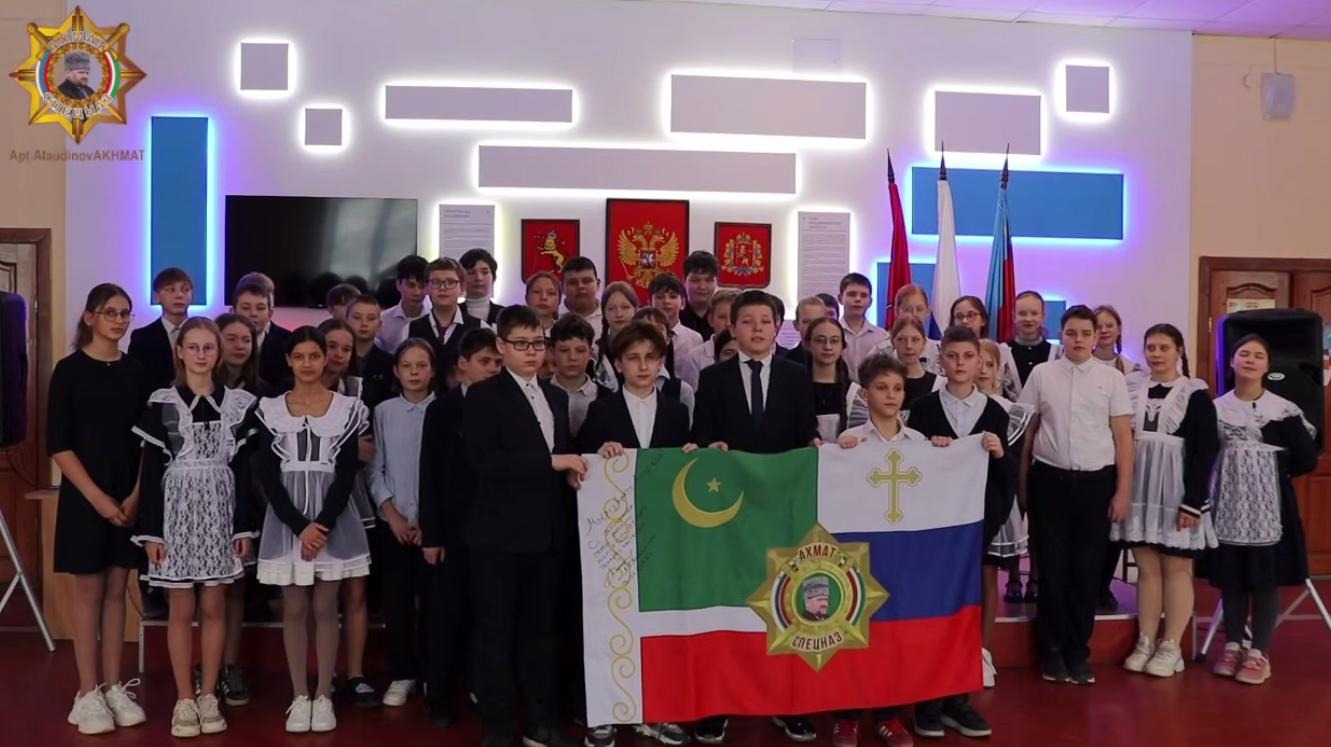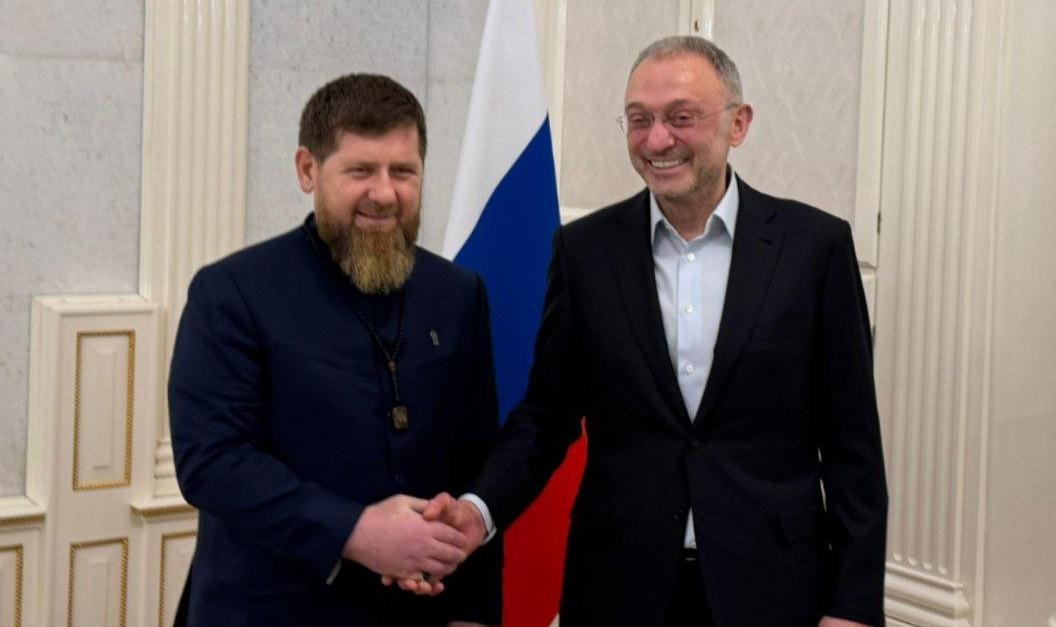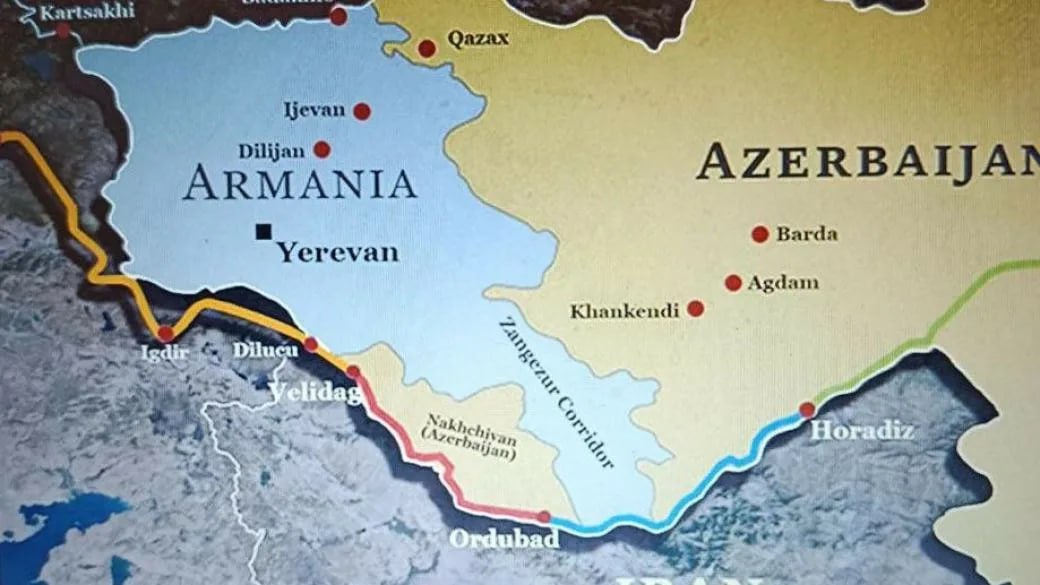The International Press Institute (IPI) has expressed concern over new legislative initiatives by the Georgian government and ruling party that restrict independent media funding.
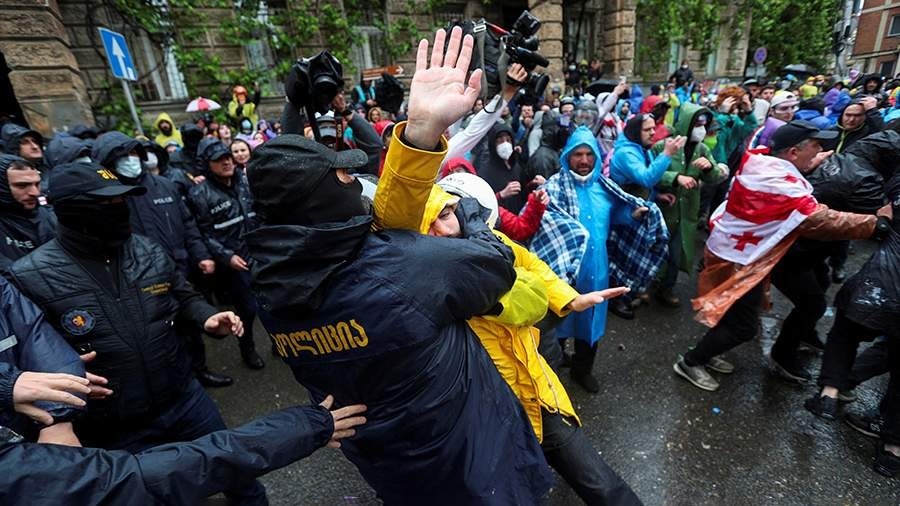
During long protests in Tbilisi against the government's adoption of a law on foreign agents, the police actively used violence not only against protesters, but also against journalists. This was stated by the international organization Reporters Without Borders (RSF).
Thus, since April 3, since the beginning of mass protests in Georgia against the law on foreign agents, at least 15 journalists have been subjected to cruel treatment and threats.
According to Reporters Without Borders, between April 28 and May 1, three journalists were attacked with tear gas while covering protests. This is Niko Kokaya from the TV Pirveli channel, Robi Zaridze from the investigative media ifact.ge and Giga Gelkhvidze from the news site cnews.ge. The police also prevented Publika reporters Lika Zakashvili and Mamuka Mgaloblishvili, as well as Nanuka Kadzhai and Davit Beradze from TV Pirveli from filming. Later, during the live broadcast, the director of the Institute for the Development of Freedom of Information (IDFI), Giorgi Kldiashvili, became the target of the attack.
On April 17, police brutally beat several journalists while they were carrying out their professional activities at a protest. Among them were Publika correspondent Alexander Keshelashvili, Tabula employee Georgiy Badridze, journalist for the online human rights publication Aprili Media Georgiy Baskhajauri, as well as Azerbaijani blogger Nurlan Gahramanly.
“The situation in Georgia is extremely alarming. The government and the Georgian Dream party are using force, police violence is increasing, and journalists are becoming scapegoats. Reporters Without Borders calls for an end to this, an independent investigation into abuses against journalists and the repeal of the "foreign agents" law, said Jeanne Cavelier, head of RSF's Eastern Europe and Central Asia desk.
Two more media employees – editors-in-chief of Monitori and Mountain Stories Nino Zuriashvili and Gela Mtivlishvili – were subjected to threats. Their premises were plastered with posters with their images and accusations of treason and that they were “foreign agents.”
The Public Defender of Georgia (Ombudsman) also stated that the police used brute force and beat protesters in Tbilisi. The country's president, Salome Zurabishvili, told Georgian Dream leaders that their actions and violence are Russian, as is their rhetoric.
